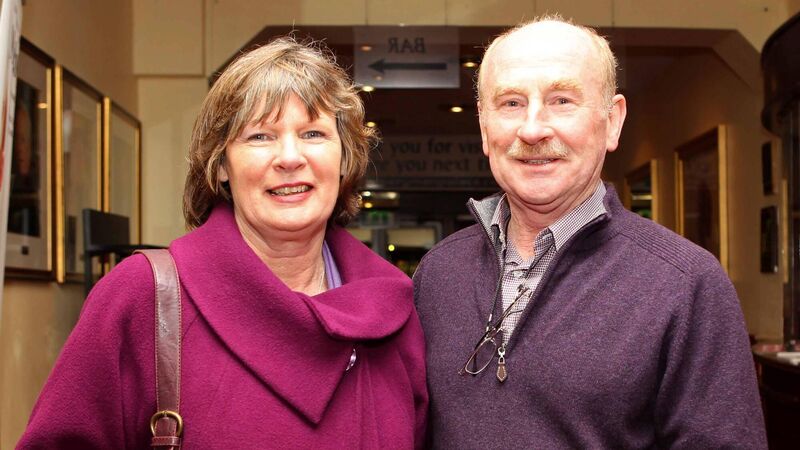Denis McSweeney: Tales of Angela Lansbury and a golden era for Cork theatre

Ide and Denis McSweeney. Picture: Jim Coughlan
For Cork theatre stalwart Denis McSweeney, the only right date to retire from his position as chair of the Everyman was November 2 just gone – 50th anniversary of the Everyman Theatre Company opening in Fr Matthew Hall. And 50th anniversary of McSweeney’s own debut on the Everyman stage.
The late Angela Lansbury was there that 1972 November night, launching the brave new venture of Everyman opening in its first home. McSweeney remembers press photos showing her “elegantly attired”, the excitement of that iconic evening.




